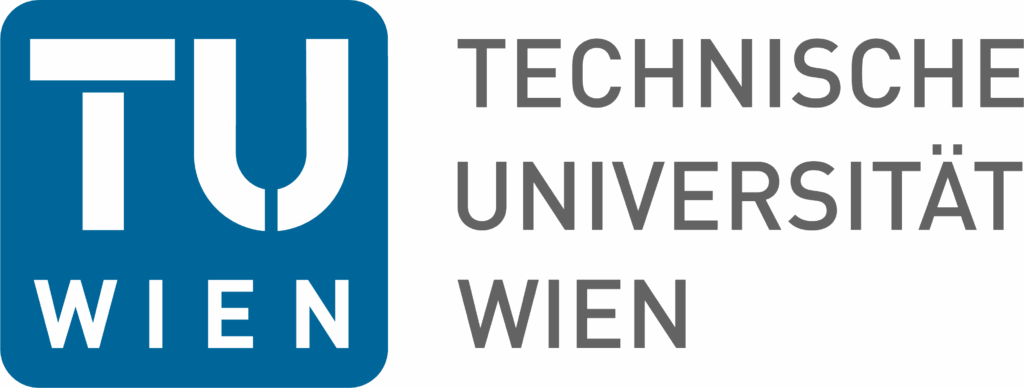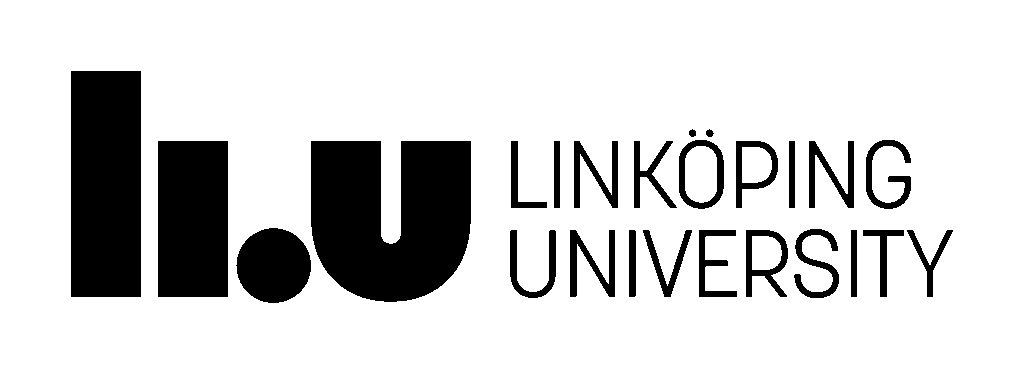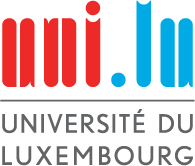Our Partners
EVITA is a collaborative effort driven by a strong network of leading universities, supercomputing centers, and research institutions across Europe. Each partner brings unique expertise in high-performance computing, education, and innovation, contributing to the design, development, and implementation of EVITA’s training framework and digital infrastructure. Together, we are building a cohesive and sustainable European training ecosystem that supports the next generation of HPC talent and ensures broad access to high-quality learning opportunities.
BSC is the national supercomputing centre in Spain, known for pioneering research and training in high-performance computing (HPC). It coordinates the EVITA project and co-leads several work packages, including the Competence and Qualification Framework (CQF) (WP2), the EuroHPC Training Platform (WP5), and the Virtual Training Academy (WP6). It also leads the impact assessment and contributes to the long-term governance and sustainability of EVITA.
Politecnico di Milano is a leading Italian technical university specializing in engineering, architecture, and design. In EVITA, it co-leads the creation of the EuroHPC Virtual Training Academy (WP6) and contributes to defining the project’s governance structure and sustainability model.
TU Wien is one of Austria’s premier technical universities with a strong focus on innovation and education in science and technology. It co-leads the development of the EVITA CQF (WP2) and contributes to expanding materials management features of the EuroHPC Training Platform (WP5).
Linköping University is a research-driven institution in Sweden, well-regarded for its interdisciplinary approach to science and education. LiU co-leads the acquisition and quality assurance of training modules (WP4) and contributes to platform development (WP5). It also helps define pedagogical standards and supports the pilot training module creation process.
HLRS, part of the University of Stuttgart, is one of Europe’s leading HPC centres, offering services for research and industry. It co-leads the implementation of the CQF (WP3), the development of the EuroHPC Training Platform (WP5), and the dissemination and communication strategy (WP7). It also contributes to the governance structure and quality monitoring.
GWDG is a joint IT competence and data centre operated by the University of Göttingen and the Max Planck Society. It co-leads the implementation of the CQF (WP3), focusing on curating the skill tree, surveying existing qualification schemes, establishing an examination system, and setting up certifications for EVITA training modules.
The University of Luxembourg is a multilingual, international research university recognized for its strong ICT and STEM programs. It leads the sustainability planning (WP6) and external adoption strategy (WP7). It also supports the definition of the body of knowledge (WP2), skill tree development (WP3), pedagogical framework design (WP4), and pilot module creation.
IT4Innovations is the Czech Republic’s national supercomputing center, hosted at VSB – Technical University of Ostrava. It co-leads training module acquisition and quality assurance (WP4), and dissemination and communication strategy (WP7). It contributes to trainer empowerment, pilot module creation, and stakeholder outreach.








